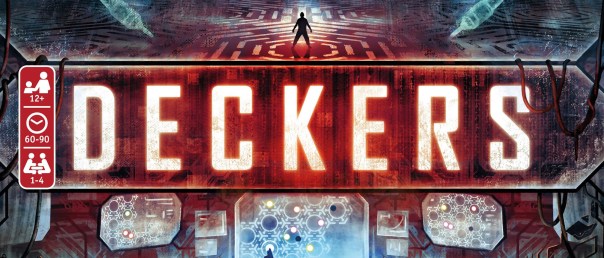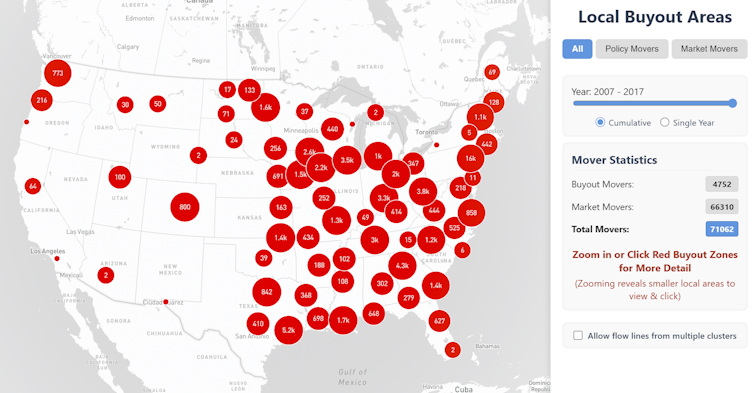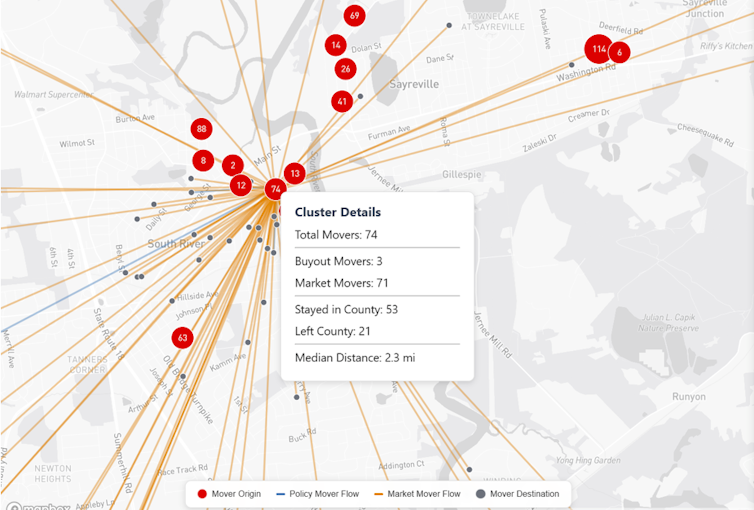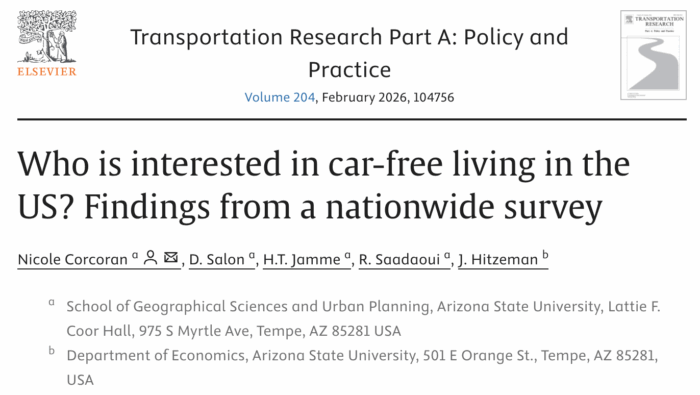In 1961, if you wanted to teach at Olympia High School, you had to show the district exactly what you looked like. Before anyone looked at your degree or your references, they looked at your face. This wasn’t just about record-keeping. This was an era when racial discrimination was common in Olympia but rarely admitted in public. A mandatory headshot was an incredibly effective gatekeeping tool. It allowed the district to maintain a white faculty without ever having to say a word about race out loud.
The State Board Against Discrimination eventually stepped in and told the Olympia School District to stop. The district didn’t just disagree. They took the board to court to fight for their right to require those photos. This legal battle lasted nearly two years. The board argued that a photograph was a graphic specification of an applicant’s race. They said it was just as revealing as requiring applicants to write down their race on the form. Their lawyers pointed out that photographs mainly provide information about physical beauty. Unless beauty was a requirement for teaching, they argued, the policy was a direct violation of state law.
Superintendent Rolland Upton led the defense for the school district. He claimed the photos were just for reference. He said the images helped officials judge professional dignity and personal appearance. The district’s lawyers even argued that because an in-person interview would reveal race anyway, the photo wasn’t the primary tool for discrimination.
That argument is hard to take seriously. A photo allows a recruiter to toss an application into the trash immediately. It ensures that a minority applicant never even gets the chance to prove themselves in an interview.
Upton’s defense feels hollow when you look at the rest of Olympia’s history. Discrimination wasn’t an accident here. It was built into the system. Ten years before this court case, racially restrictive covenants were still being filed in Thurston County. These were documents that barred non-white people from owning certain homes. They were filed years after the Supreme Court ruled they couldn’t be enforced.
We know these barriers were real because local historians like Thelma Jackson documented them. In her book, Blacks in Thurston County, Washington: A History, she explains how Black residents were treated when they arrived. Real estate agents would simply, without explanation or excuse, refuse to show them homes in specific neighborhoods. It is hard to believe that a school district in that same environment would magically ignore the race of an applicant. Given what we know about Olympia in the 1960s, it’s clear the photos acted as a silent filter.
Research since then backs up what the board suspected back then. We know that visual cues trigger deep biases. When Upton talked about professional dignity, he was likely using a code word. Recruiters often equate professional looks with white beauty standards. This makes people of color seem less capable before they even speak. The board was right to call the photo a graphic specification. A headshot is the strongest signal of race an applicant can provide.
There’s even a technical side to this exclusion. Historically, color film was calibrated using Shirley Cards. These cards featured white models and were used to set the color balance for developing photos. Because the technology was designed for white skin, photos of Black people often lacked detail and texture. Researchers believe this helped promote bias by making minority faces look less human or expressive in print.
This wasn’t just about aesthetics. It was about economics. By using these look policies, the district could cultivate an all-white workforce. This was segregation disguised as a preference for appearance. The consequences were real. Even today, studies on sites like LinkedIn show that Black profiles get fewer responses. By mandating photos in 1961, the Olympia School District put Black educators at an immediate disadvantage. This led to lost careers and long-term wage gaps.
The legal side of the story is just as messy. The local Thurston County judge, Charles T. Wright, originally sided with the school district. He ruled that the board had gone too far. He didn’t think a simple request for a photo proved an intent to discriminate. It was a very narrow way of looking at the law. It ignored how systemic racism actually works. The board appealed to the State Supreme Court. This time, they won. The high court issued a unanimous decision. They ruled that under the specific laws of that time, orders issued by the board against government agencies were not subject to judicial review.
This was a huge win for the commission. It re-established their power to stamp out discriminatory practices in city governments and school districts without getting stuck in long court battles. When the board was first created in 1949, it was weak and underfunded. It didn’t have much power to change things. But by the 1960s, groups like the Congress of Racial Equality were putting on pressure. The state legislature eventually expanded the board’s reach. They started looking at discrimination in housing and public spaces, too.
By 1970, the agency had grown into a much more visible force. It eventually became the Washington State Human Rights Commission. Cases like the one in Olympia fueled this growth. The state had to decide whether to protect the preferences of white officials or the civil rights of its citizens.
Because of the Supreme Court ruling, the ban on photos was upheld. Superintendent Upton had to announce that the district would change its forms. They finally removed the space for the photograph. It was a clear victory. But the people who lost weren’t finished. Some board members suggested they should change the law so they could appeal these decisions in the future.
That’s exactly what happened five years later. In 1971, the legislature rewrote the law. They gave the commission its new name, the Washington State Human Rights Commission. But they also gave other public agencies the right to appeal the board’s decisions. The board had won the battle over the photos, but the legislature had quietly cancelled the war. School boards and city councils found a way to tie the commission’s hands again.
Institutional racism doesn’t need a loud voice. It can work through small rules and administrative details. The Olympia School District didn’t have to say they were discriminating. They just had to say they wanted to see who was applying. But in 1961, seeing was a form of sorting.
Progress also isn’t a straight line. Every time a barrier is removed, the system can find a quieter way to rebuild it.
This is why the work of people like Thelma Jackson is so important, because it keeps these stories alive. It prevents institutions from rewriting their own history. The 1961 photo case was an early version of the debates we still have today about bias in hiring, banking, policing, and our everyday practices.
This history also shows how far and deep the work to reverse the damage we’ve done in our communities goes. It reminds us that equity isn’t just about changing a form or a policy. It requires a constant, active commitment to tearing down the walls that were built to be invisible.










